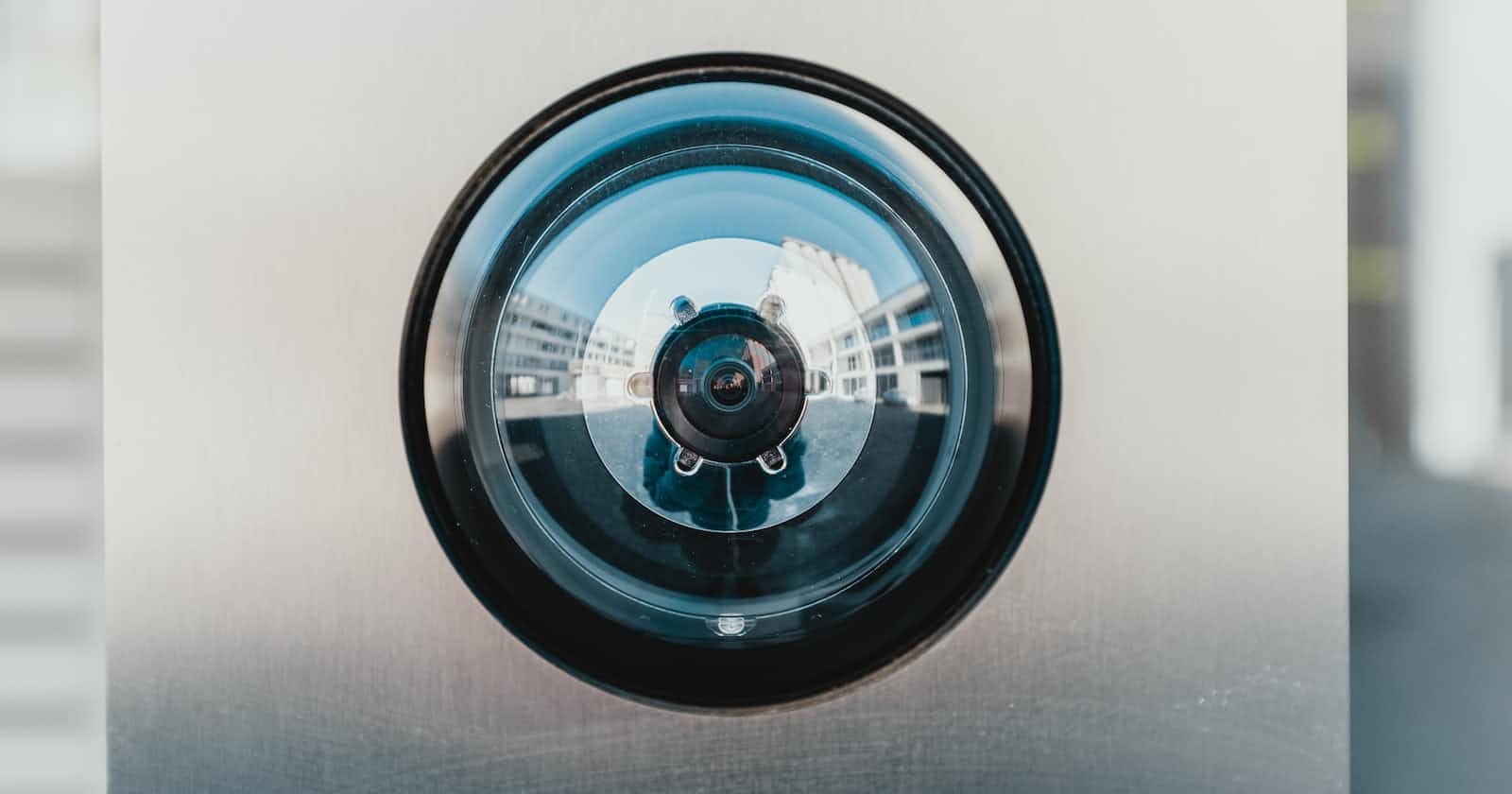Strong passwords and two-factor authentication (2FA) are crucial elements of online security, helping to protect your accounts and sensitive information from unauthorized access. Here's an explanation of their importance, along with examples:
Strong Passwords:
Strong passwords are complex and difficult for others to guess. They typically include a combination of uppercase and lowercase letters, numbers, and special characters. Their importance lies in:
Resistance to Brute Force Attacks: A strong password makes it challenging for attackers to guess through trial and error. For example, a password like "P@ssw0rd123!" is much more secure than "12345."
Prevention of Dictionary Attacks: Attackers often use dictionaries of commonly used words to crack passwords. A strong password like "C0mpl3x$ecuR1ty" is resistant to such attacks.
Protection of Personal Information: Strong passwords safeguard your personal data, such as emails, financial accounts, and social media profiles. For instance, a compromised email account can lead to identity theft.
Two-Factor Authentication (2FA):
2FA adds an extra layer of security by requiring users to provide two forms of authentication, typically something they know (password) and something they have (a mobile device or security token). Examples of 2FA methods include:
Text Messages (SMS): After entering your password, you receive a one-time code via SMS that you must enter to access your account. For instance, Google's 2FA uses this method.
Authentication Apps: Apps like Google Authenticator or Authy generate time-based one-time passwords (TOTPs). Even if someone knows your password, they can't access your account without this second factor.
Biometrics: Some devices and services use fingerprint or facial recognition as a second factor. Apple's Face ID is an example.
Examples:
Imagine you have a bank account with a strong password like "B@nk$ecuR1ty2023." Even if an attacker somehow learns your password, they can't access your account if you have 2FA enabled. You receive a unique code on your phone that changes every 30 seconds, making it extremely difficult for anyone without your phone to access your account.
For your email account, a strong password like "Em@il#Pr0t3ct1on" is important. If you enable 2FA, you'll receive a text message with a code every time you log in from a new device. Without that code, even if someone knows your password, they can't access your email.
In summary, strong passwords resist common attacks, while 2FA provides an additional layer of security, making it significantly harder for unauthorized individuals to access your accounts and personal information. Together, they create a robust defense against
...
Derek

